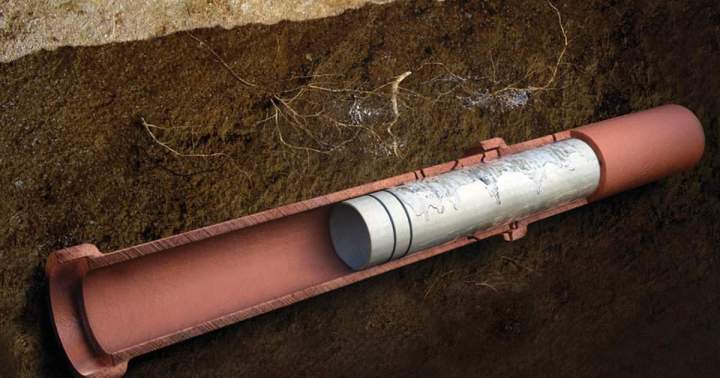What Are The Signs Of A Blocked Drain?, Fort Lauderdale

Don't ignore the subtle clues your plumbing gives you! Recognizing the signs of a blocked drain early can save you from bigger headaches.
The Obvious and Annoying: Slow Drainage and Gurgling Sounds
The most immediate and often frustrating sign of a blocked drain is, predictably, slow drainage. If water takes an unusually long time to disappear from your sink, shower, or bathtub, it's a clear indication that something is impeding the flow. This isn't just an inconvenience; it means that debris, grease, hair, or other foreign objects are accumulating within your pipes, narrowing the passageway. The slower the drainage, the more significant the blockage has become. Over time, a slow drain can escalate into a complete standstill, leaving you with standing water and potentially an overflow situation.
Another common and tell-tale sign is gurgling noises coming from your drains or toilets. These sounds often occur after you've used a fixture and water is attempting to drain. The gurgling is typically caused by air trapped in the pipes that is being forced through the water as it tries to bypass the obstruction. It's akin to the sound you hear when liquid is poured from a bottle – the air displacing the liquid. These noises are a strong indicator that there's negative pressure building up due to a partial blockage, preventing smooth airflow and water movement. If you hear gurgling, especially from a drain that isn't currently in use (e.g., your shower gurgling when you flush the toilet), it often points to a blockage in a shared main drain line.
Unpleasant Odors and Water Backups: Signs of a Serious Problem
Beyond the annoyance of slow drains, unpleasant odors emanating from your sinks, showers, or even floor drains are a strong indicator of a blockage. As organic matter like food particles, hair, soap scum, and grease accumulates in your pipes, it begins to decompose. This decomposition process releases foul-smelling gases, often described as rotten egg, sewage, or mildew odors. These smells are not only offensive but can also suggest the presence of bacteria and fungi thriving in the stagnant, decaying waste. The longer a blockage sits, the more pronounced and pervasive these odors become, indicating a significant buildup that requires attention.
The most severe and alarming sign of a blocked drain is water backing up into your fixtures. If flushing a toilet causes water to rise in your shower or sink, or if using one sink causes water to back up into another, it's a clear sign of a significant blockage, usually in a main drain line that serves multiple fixtures. This indicates that the water has nowhere else to go due to the obstruction and is forced to find the path of least resistance, which is often up through another nearby drain. This kind of backup is not only unhygienic and damaging to your home but also signals an urgent need for professional plumbing intervention to prevent further damage and potential health hazards.